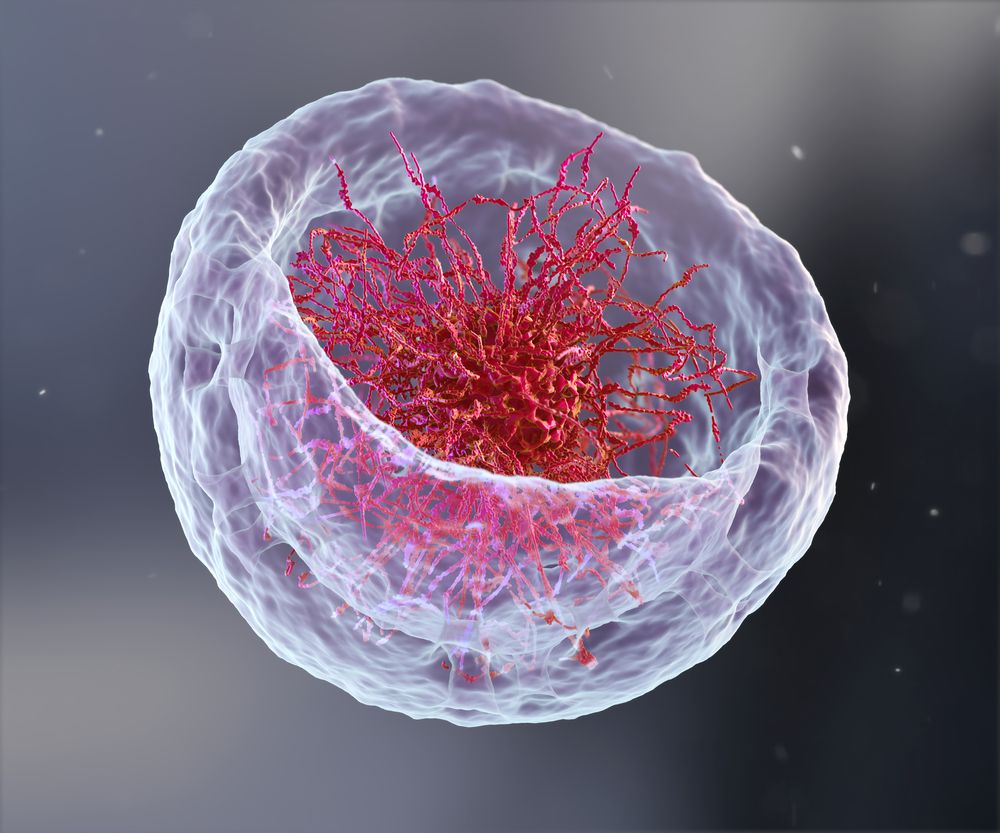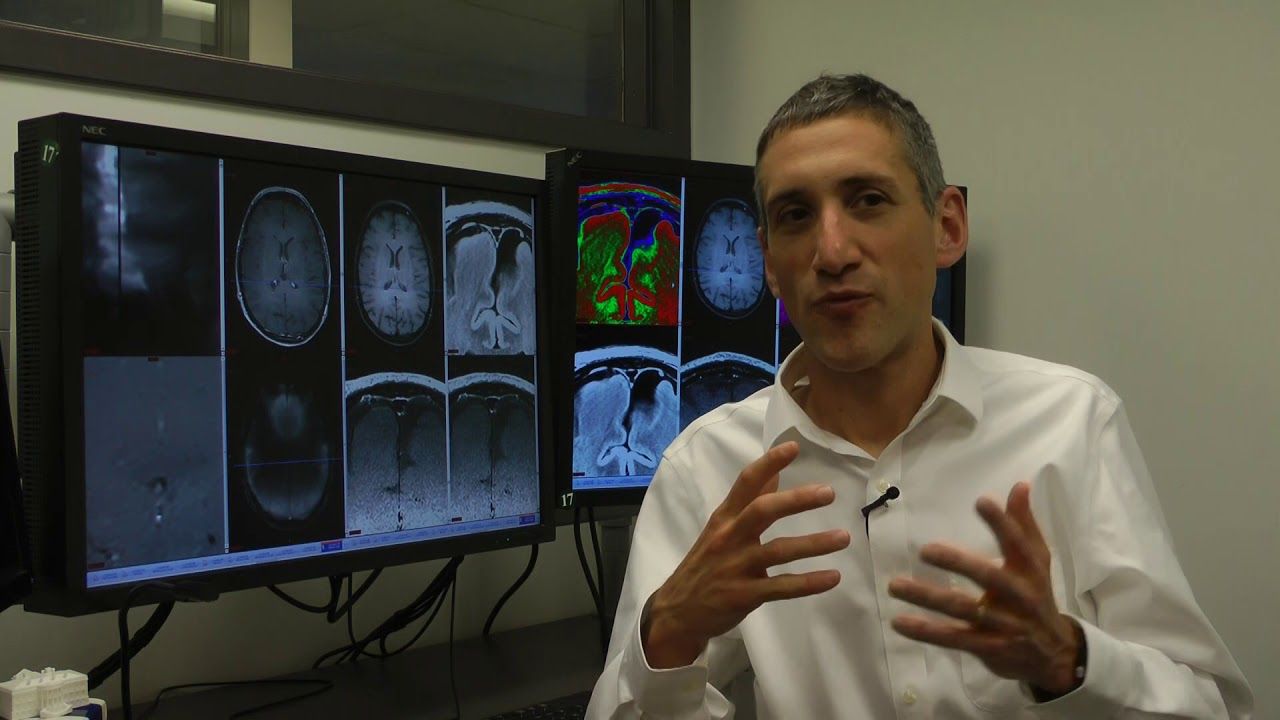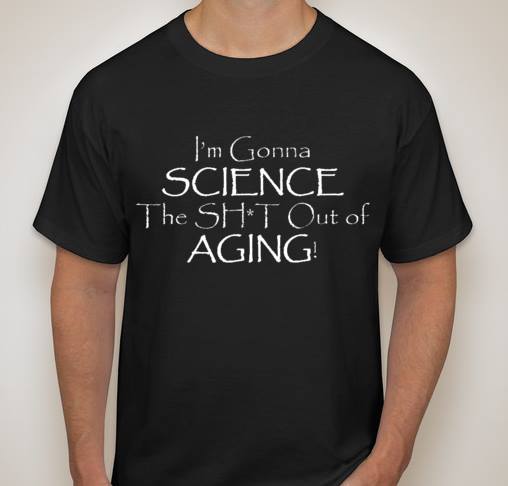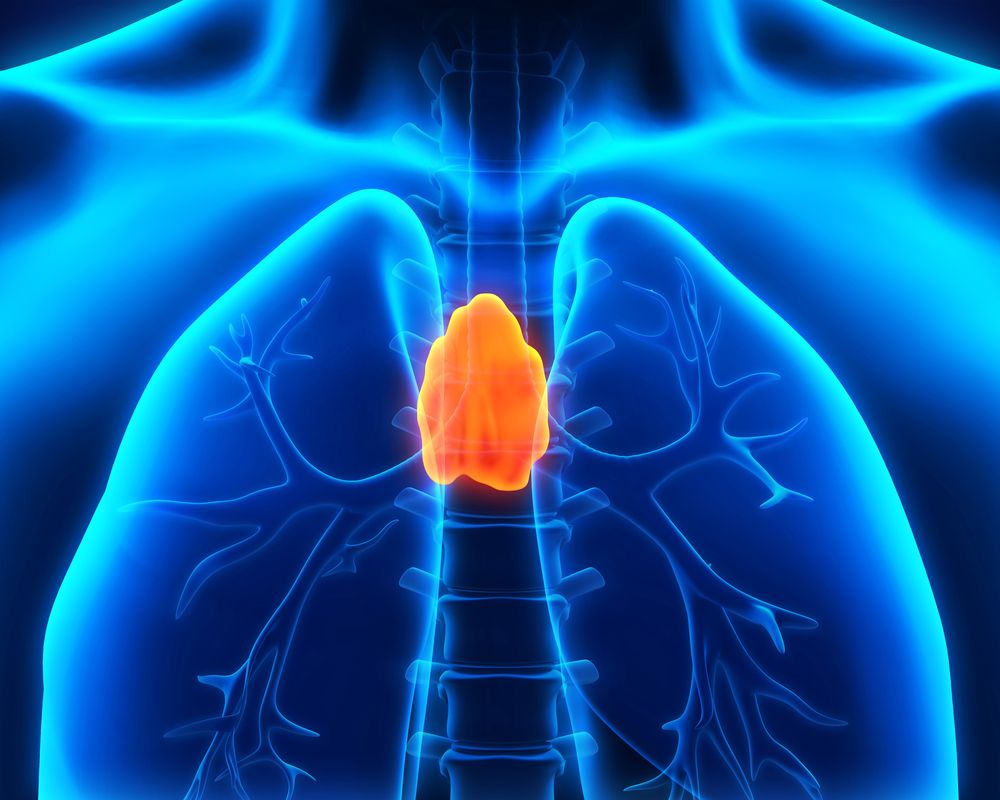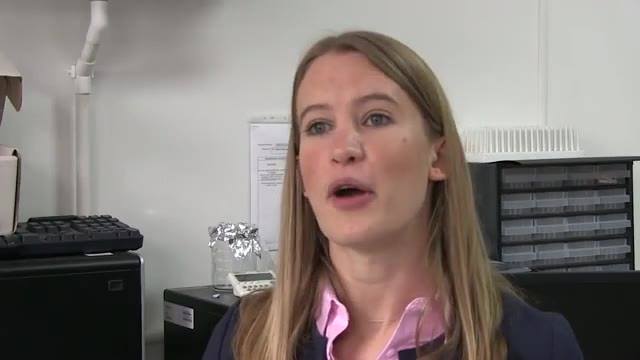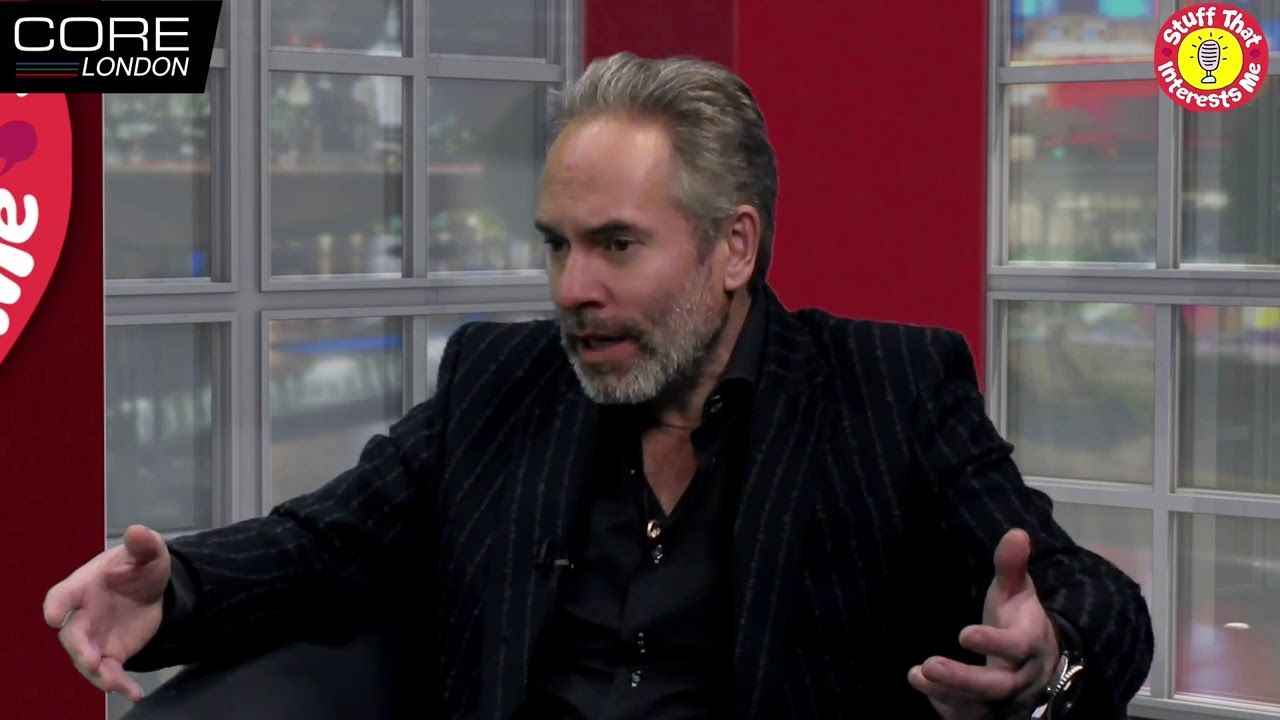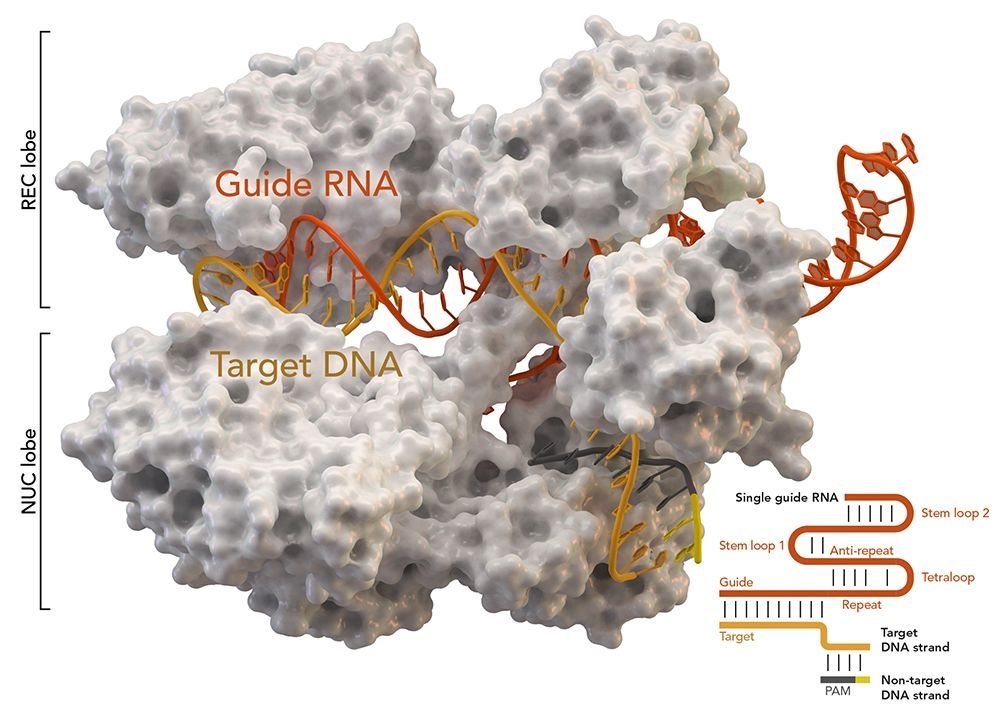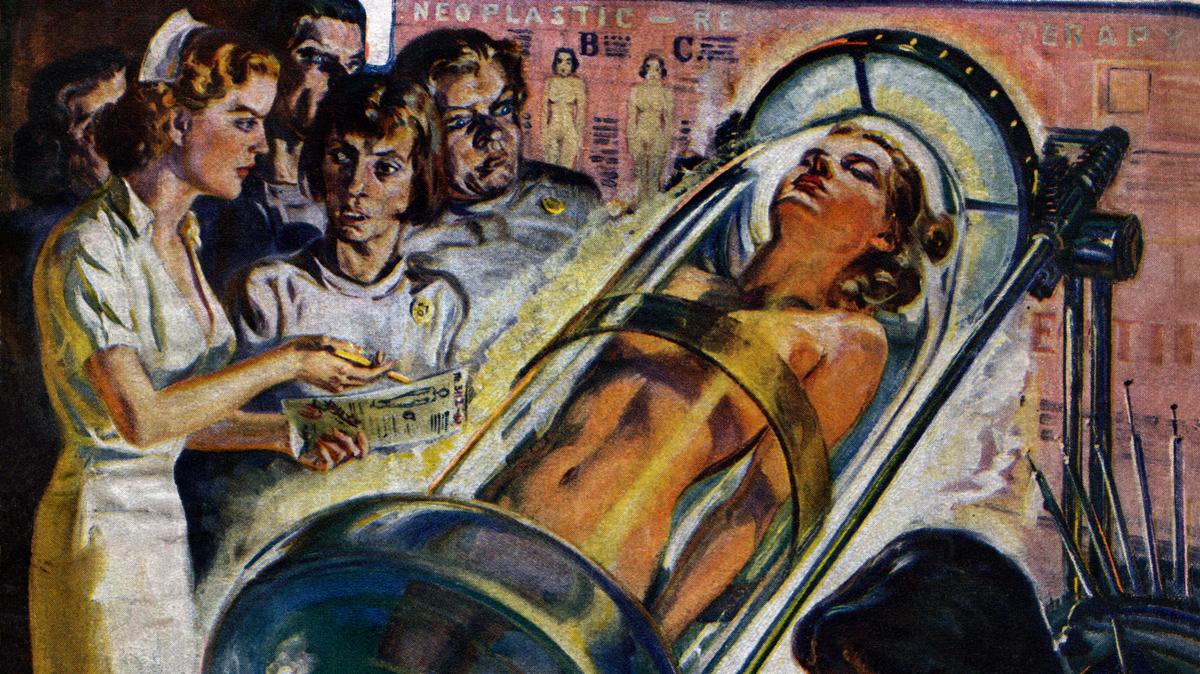Oct 5, 2017
A Potential Path to Treating Inflammation-related Aging and Cancer
Posted by Steve Hill in categories: biotech/medical, life extension
The link between inflammation, cellular senescence, aging, and cancer is a complex relationship, but a new study sheds light on how these four interact.
The light and dark side of inflammation and cellular senescence
Cellular senescence is a protective mechanism that helps us to stay healthy and avoid cancer by removing damaged and aged cells from the cell cycle while preventing them from creating damaged copies of themselves. Senescent cells are disposed of via a self-destruct process known as apoptosis.
